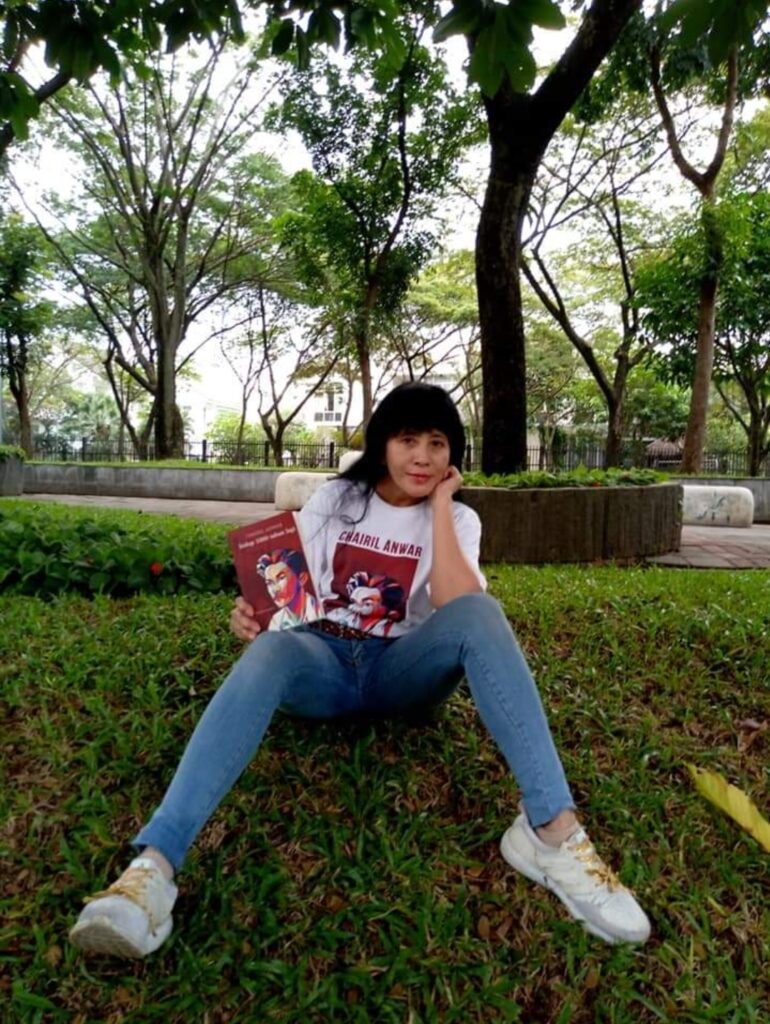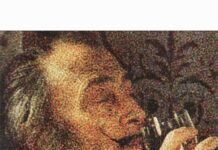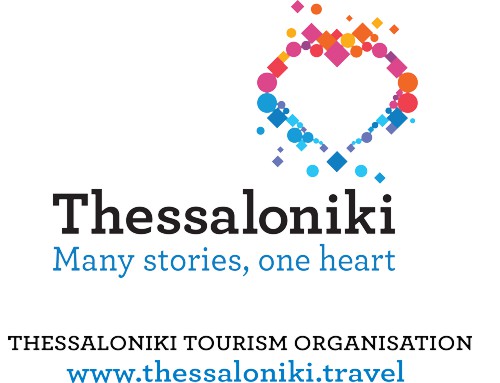Συνεντεύξεις με ξένους λογοτέχνες. Σας παρουσιάζουμε την Ewith Bahar
Επιμέλεια συνέντευξης: Εύα Πετροπούλου Λιανού
Share your thoughts on the future of literature Literature is important in shaping people. It influences the way of thinking, the way of behaving and also as a life style as well. Since the first texts were known thousands years ago until today, we, people, learn much how to make this life better from literature through great stories, dramas or poetry we read. We design our life by studying other people’s experiences in them. We can say that literature is a critical component in education. Literature also helps people to see life from the perspective of another, consequently we are more understanding and respectful towards this life, and can make one more aware of his or her own values. Knowing how important the literature role in our life and its impact on society, I’m convinced and optimistic the literary world will be more qualified and competent from time to time, by observing today’s situation, so many writers, so many literature communities. More books will be produced, more professions regarding books and writing more promising, and more students will be attracted to study literature. In a future, technology and literature will be hand in hand to influence, guide, help and change the life of people.

When did you start writing? To mention the exact time I think it’s a bit difficult. But I attended poetry writing competition when I was in an elementary school, approximately at 9, and I won the second prize. From the very first time I found that writing’s my soul calling. It’s giving me satisfaction and of course other benefits, because later in a future I was involved in many jobs that claimed my capability in writing.
The good and the bad, who is winning in nowadays? The good and the bad. Evil deed and good deed. We will unavoidably answer the good will win. Easy to answer, but not something simple though. To do, choose, formulate or decide something good, claiming high commitment and integrity. That’s one of litrerature teaches us for life, a commitment for being good, a justice that should defend the good. We are writers, in our books should be showing lessons as a light and lamp for our readers to make them inspired and motivated. So, always choose good and avoid evil. Truth and honesty will always win in all seasons.

How many books have you written? Thirteen published books and one unpublished, excluding TV and radio scripts, advertisements or commercial scripts and essays for seminars and workshops. Besides, my poems were also published in approximately 80 anthologies, in Indonesia and abroad.
And where we can find your books? In all market places like shopee, tokopedia, bukalapak, etc. Also in many bookshops, conventional shops or digital ones like gramedia.com. Some buyers sometimes contact my publishers, Prenada Media, Kosakata Kita, Teras Budaya, Pustaka Senja and Gramata Publishing.

The book. E book or hardcover book. What will be the future? Physical books versus E-books? I presume both have negative and positive sides. Physical books still dominating nowadays. I admit many advantages of electronicbook over printed book. Easy to carry, we can carry hundreds or thousands of ebooks, need no space at home to store them, we can enlarge the font size, and much cheaper as well. But don’t forget we can also find the negative sides of it. On the other hand, holding book and open the pages with our hands is such a unique experience that never we gain from E-book. Artistically, physical books are also regarded as decoration element, especially for collectors. Physical book is irreplaceable. In a future, printed book will be still readers’ favourite.
A wish for 2022. Simple. I wish my two books which are on going process could be finalized smoothly.
A phrase from your book. The darkness in our life is a sign of God’s light.
(Kelamnya kehidupan itu justru pertanda bahwa Tuhan sedang menyulut api cahaya dalam hidup kita)

EWITH BAHAR’S BIOGRAPHY
Ewith Bahar is a poetess, novelist, editor, translator and essayist from Indonesia, and lives in Jakarta. She had a long time career in a mass-communication field, radio and television industry, as a TV host at Television of Republic of Indonesia (TVRI, a government TV station) for several cultural and musical programs, and she then moved to RCTI (the biggest private TV station in Indonesia) starting 2004. Previously, she was once a radio announcer since she’s still in Junior High School for several years prior to undergoing her career in TV industry. She has written eleven books in all genres: poetry, short stories, novel and essay. Eight were already published and one book was pending. Now there are another three books are still ongoing process. One of them about bibliotherapy. Not only published in books, Ewith’s poems are found in many printed newspapers and online medias as well, national or international. Some of her works, are already translated in several foreign languages, such as English, Spanish, Indian, Serbian, Armenian, Uzbek, Nepali, French, Italian, Arabian, Tajik and Korean. She also translated many of her eminent fellow poets into Indonesian language (Bahasa Indonesia) as her contribution to make Bahasa Indonesia widely known by the world. One of her own poetry books, Sonata Borobudur, got a prestigious prize from Indonesian National Library as The Best Five Indonesian Poetry Books 2019. On October 2021, her poem, Imigran Digital (Digital Immigrant), won the third place in a poetry writing competition, related to outstanding yearly Indonesian Poetry Day celebration, organized by Yayasan Hari Puisi (Poetry Day Foundation).
Besides her own books, Ewith Bahar edited and organized 10 poetry anthologies of Indonesian poets since 2014. Also edited and published a Hungarian poetess’ book, Kinga Fabo, titled POISON (Racun), where Ewith was a producer and publisher for her bilingual poetry book for Indonesian market in 2015. Ewith Bahar also loves teaching. She was a teacher at a Communication Institution, Interstudi and LEPPKINDO, and a public speaker for communications matters, creative writing and bibliotherapy. Two years ago, 2019, she and several eminent Indonesian librarians formed KABI (Kanal Buku Indonesia or Indonesian Book Channel), and will be hand in hand with government and some institutions in realizing their dream for a better Indonesia through books and writing activities.

































